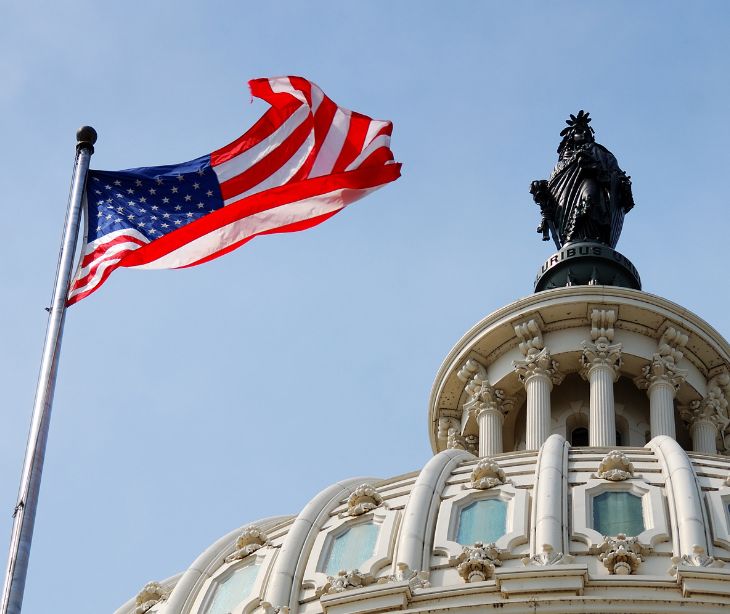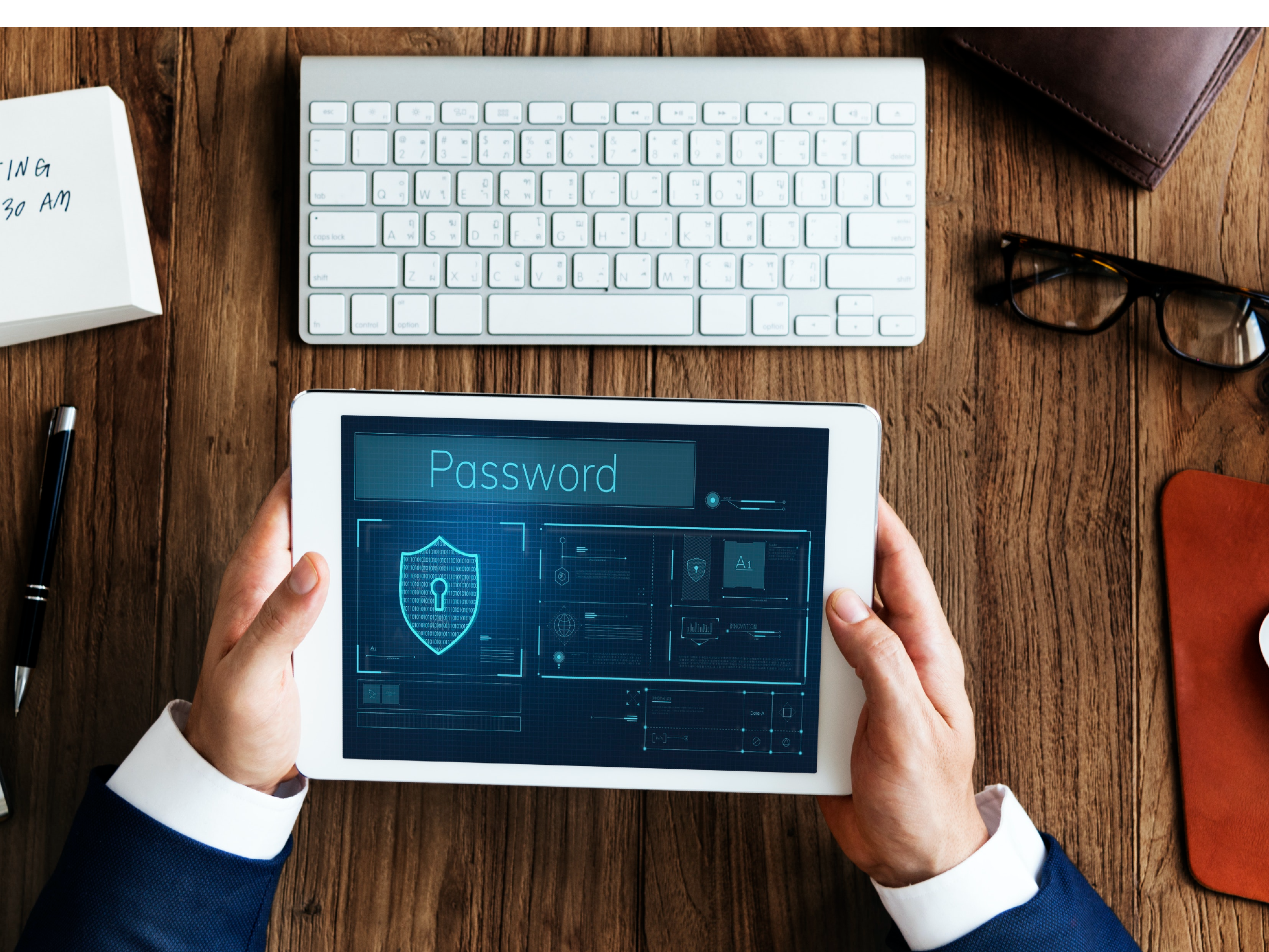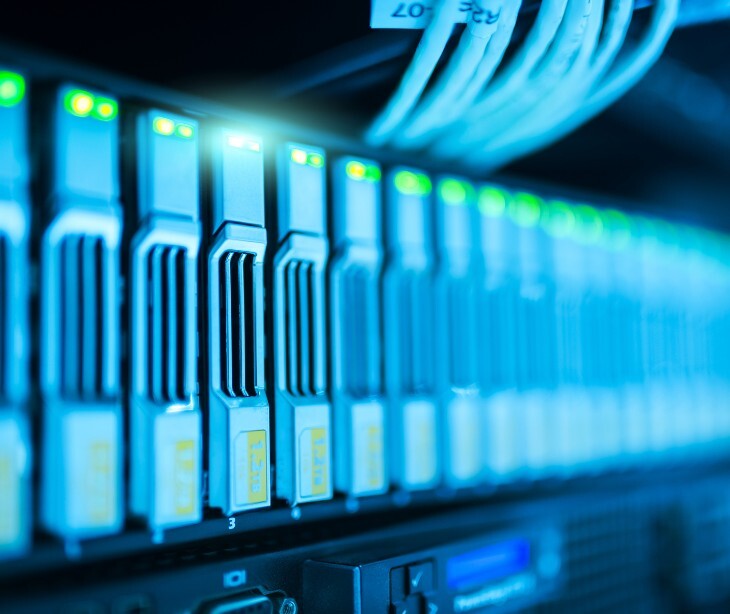
The Federal Communications Commission (FCC) is an autonomous entity within the U.S. government, wielding authority over the regulation of interstate and international communications mediums, including radio, television, wire, satellite, and cable services, throughout the 50 states, the District of Columbia, and U.S. territories.
Understanding the role of the FCC in healthcare communication
The FCC ensures that hospitals and clinics use digital tools and communication networks effectively and safely. It does this by managing the airwaves to prevent interference in wireless medical devices, like heart monitors or telehealth equipment, ensuring they work smoothly without disrupting each other. The FCC also sets rules to protect patients' private health information when it's shared over these networks, making sure that sensitive data stays secure just like doctors' offices keep paper files safe.
To help more patients get care through their screens, especially in remote or underserved areas, the FCC helps subsidize internet connections that doctors need to provide telehealth services. This means more people can see their doctor without traveling, making healthcare easier to access. The FCC checks new healthcare technologies before they're used to ensure they're safe and work as intended, supporting innovation while keeping patients safe.
The advisory committees
- Technological Advisory Council
- Communications Security, Reliability, and Interoperability Council (CSRIC)
- Consumer Advisory Committee
- Disability Advisory Committee
- Broadband Deployment Advisory Committee (BDAC)
- Native Nations Communications Task Force
- Precision Agriculture Connectivity Task Force
- Emergency Communications Advisory Committee
See also: How to set up HIPAA compliant transactional emails
The FCC and text messaging
Through detailed frameworks outlined in the Second Report and Order along with the Second Further Notice of Proposed Rulemaking, the FCC has established a comprehensive set of rules and initiatives that underscore its multifaceted strategy to address and mitigate the adverse impacts of text message spam and fraud.
The FCC also requires service providers to block texts from numbers identified by the Commission as sources of suspected illegal texts unless investigations conducted by the providers themselves clear the texts as legal. This requirement extends the FCC's protective measures directly to the source of potential harm, underscoring a preventative approach to consumer protection.
Further solidifying its stance on consumer rights, the FCC has codified that protections under the National Do-Not-Call (DNC) Registry extend to text messaging. This means that texters must have express permission from consumers before sending marketing texts to numbers listed on the DNC Registry, ensuring respect for consumer preferences and privacy.
Recognizing the potential for abuse in services that bridge email and text messaging, the FCC encourages service providers to make email-to-text services opt-in. This measure aims to curb the anonymity that fraudsters exploit to send spam and scam texts, further tightening the noose on illegal text messaging practices.
The FCC and HIPAA
The FCC and HIPAA work hand in hand from different angle. The FCC takes care of the technology side—making sure that internet services and communication technologies work well and securely—while HIPAA focuses on keeping your health information private and safe.
For example, when doctors use video calls to see patients remotely, they rely on secure and high-quality internet connections. The FCC works on policies and programs to ensure these connections are available and reliable, which helps make sure that any health information shared during these calls is transmitted safely, in line with HIPAA's rules.
Another specific case is when the FCC offers funding to help rural health clinics get better internet for telehealth services. This effort supports HIPAA’s goal of ensuring secure communications such as HIPAA compliant email exchanges, indirectly by ensuring that any health information shared over these services is kept safe from unauthorized access, thanks to stable and secure internet connections.
Also, the FCC's push for better security measures in the communication sector helps protect patient information against hackers and cyber threats. This is another way the FCC's work supports HIPAA’s aim to safeguard your health information when it's shared electronically.
See also: Top 10 HIPAA compliant email services
FAQs
How does the FCC handle complaints?
Consumers can file complaints about communication services or violations directly with the FCC, which then investigates and takes necessary action.
How can I participate in FCC decisions?
The public can comment on proposed rule changes through the FCC’s website, participate in hearings, and contribute to discussions that influence regulatory decisions.
What role does the FCC play in emergency communications?
The FCC ensures that communication systems are robust and reliable for emergency services, including 911 calls and disaster response communications.
Subscribe to Paubox Weekly
Every Friday we bring you the most important news from Paubox. Our aim is to make you smarter, faster.




